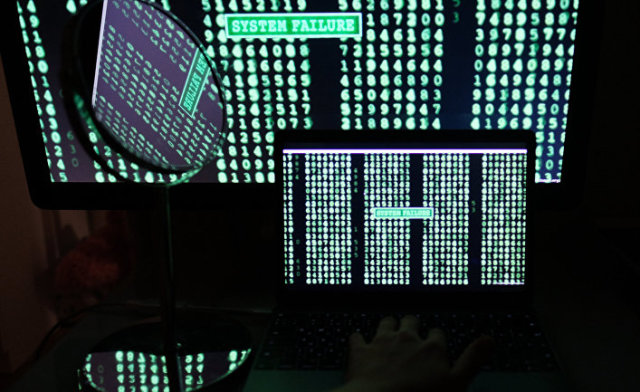The authorities want to revive the system of distributing students after their graduation to various enterprises of the country. First of all, this will affect IT specialists who studied on a budget - they can be forced to work for the military-industrial complex for five years. This is one of the measures taken by the authorities to combat the personnel shortage in the IT sector.
The Council for the Development of the Digital Economy under the Federation Council has made a proposal to return the system of distribution of students after their graduation from educational institutions, writes Kommersant. This idea was voiced as part of a package of other proposals for the development of human resources in the Russian IT industry.
The distribution system existed in the Soviet Union and obliged all students of budget departments who graduated from universities, colleges and technical schools to work where the system would distribute them. In the USSR, the mandatory distribution was three years – at the end of this period, specialists could change their place of work, and sometimes their place of residence.
The idea of the Council for the Development of the Digital Economy at the Federation Council is the mandatory distribution of state students not for three years, but for five years. It is proposed to distribute newly minted IT specialists exclusively to enterprises of the military-industrial complex (MIC).
It is still unclear how society will react to the new idea of the Federation Council. The consequences can be very different – for example, students of budget departments in IT specialties can begin to transfer to paid places in order to decide for themselves where they will work after graduation.
It should be noted that this is the second proposal in a row, which significantly restricts IT specialists in terms of choosing not only a place of work, but also a place of residence over the past month. At the end of March 2022, a bill appeared in Russia that makes IT much more difficult for IT specialists to leave Russia. The author of the resonant document is Concord, the company of businessman–restaurateur Yevgeny Prigozhin. The Russian Ministry of Finance was among the first to react to the appearance of the bill, stating that it is strongly against such restrictions.
According to Kommersant, after the appearance of this document, the authorities had to take emergency measures to extinguish the "extremely nervous reaction" of the IT industry to the ideas of Concord. The Ministry of Finance and Deputy Prime Minister Dmitry Chernyshenko held several meetings with representatives of the IT sector, which resulted in additional relief for her. In particular, the authorities promised to increase grant financing of the industry three times or by 14 billion rubles. They were also forced to agree to many of the requirements of IT companies.
The proposal of the Council for the Development of the Digital Economy under the Federation Council to return and tighten the student distribution system is a consequence of the current situation with personnel in the IT industry. Specialists are leaving the country – their mass outflow began in the last days of February 2022 and continued throughout March 2022.
Speaking at a meeting of the Council, First Vice-Speaker of the Federation Council Andrey Turchak said that there is currently a shortage of about 1 million programmers in Russia. According to him, by the end of 2021, there were 1.7 million IT specialists in Russia.
"The struggle between countries for IT specialists is escalating, we must honestly admit that with the beginning of a special military operation, some of our IT specialists, including young people, have gone abroad," said Andrei Turchak. "At the same time, it is worth noting that the reverse process is already being recorded." He also added that "extraordinary breakthrough solutions" are required at the state level to train and retain IT personnel.
It should be noted that Russia lacked 1 million IT specialists at the beginning of 2021, as representatives of the Ministry of Finance said at the time. It is not known what the real size of the shortage of personnel in this area is at present, taking into account their accelerated outflow abroad.
In total, the draft decision of the Council following the meeting consisted of more than 20 new measures for the development of the Russian educational process in IT specialties in building human resources in this area. In Russia, there is a deferral from the army for employees of IT companies. The members of the Council propose to extend this relief to pedagogical and scientific-pedagogical workers of educational organizations in disciplines related to information technology.
The participants of the meeting also proposed to extend all measures to support the IT industry to the field of radio electronics, including a deferral from the army and tax benefits. Along with this, they believe that Russia needs a "media campaign" that will "improve the prestige of the work of an IT specialist at the enterprises of the military-industrial complex." This "campaign", according to the participants of the meeting, should be worked out by employees of the Ministry of Industry and Trade.
Following the meeting, a recommendation was prepared on the formation of a list of specialties and areas of training of IT personnel in the defense industry and the installation of an "increased funding standard" for them. The solution of this task, according to the members of the Council, should be entrusted to the Ministry of Education and Science, the Ministry of Finance, the Ministry of Industry and Trade and the state corporations Rosatom, Roscosmos and Rostec.

